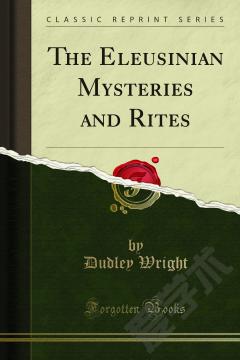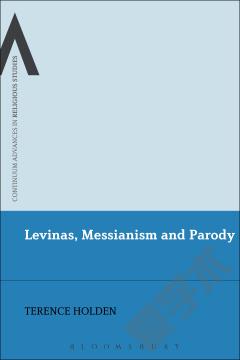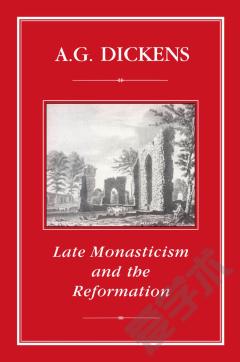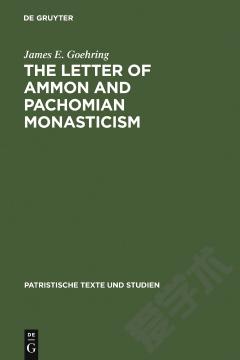Melissus and Eleatic Monism
In the fifth century BCE, melissus of samos developed wildly counterintuitive claims against plurality, change, and the reliability of the senses. This book provides a reconstruction of the preserved textual evidence for his philosophy, along with an interpretation of the form and content of each of his arguments. A close examination of his thought reveals an extraordinary clarity and unity in his method and gives us a unique perspective on how philosophy developed in the fifth century, and how melissus came to be the most prominent representative of what we now call eleaticism, the monistic philosophy inaugurated by parmenides.
{{comment.content}}








 京公网安备 11010802027623号
京公网安备 11010802027623号